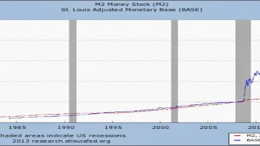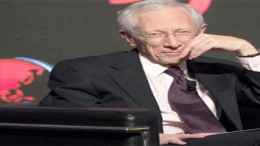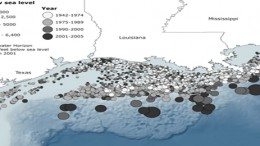China overtakes US to become world’s biggest trading nation -Despite fake data
COMMENTS ON ASIA-PACIFIC By Ray Kwong | Depending on who you talk to, China became the world’s biggest trader in goods for the first time last year, edging out the U.S. estimated 2013 total by about US$250 billion.






